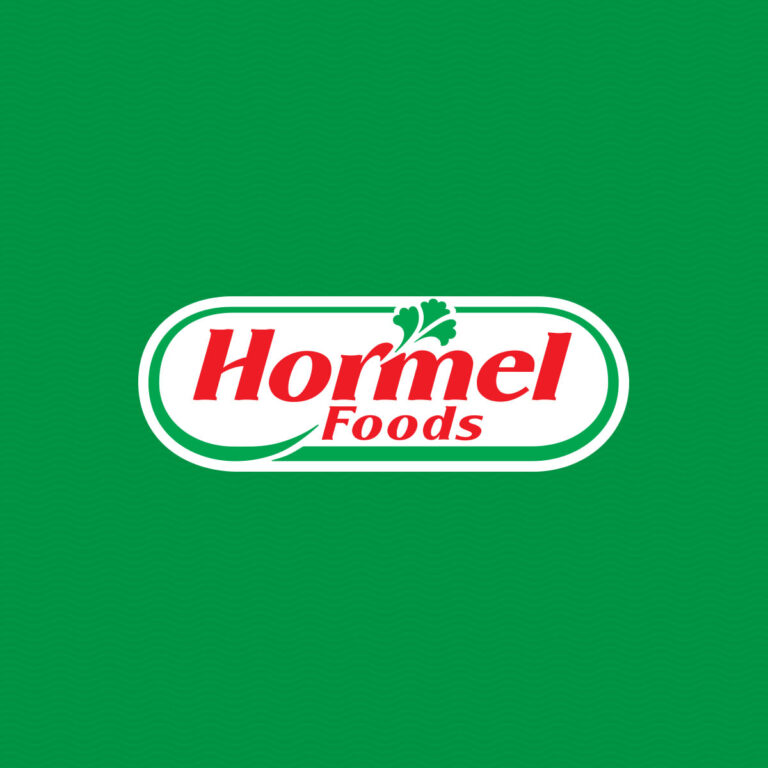
Hormel Foods to sponsor a regenerative agriculture project that benefits farmers and environment
Hormel Foods Corp. is sponsoring a 50,000-acre regenerative-agriculture pilot project located across various places in central and southeast Minnesota.

Hormel Foods Corp. is sponsoring a 50,000-acre regenerative-agriculture pilot project located across various places in central and southeast Minnesota.

The corporate venture arm of Danone, Danone Manifesto Ventures, led the $7 million fundraising round raised by symbrosia, the developer of a seaweed feed additive that reduces livestock methane emissions by more than 80%.
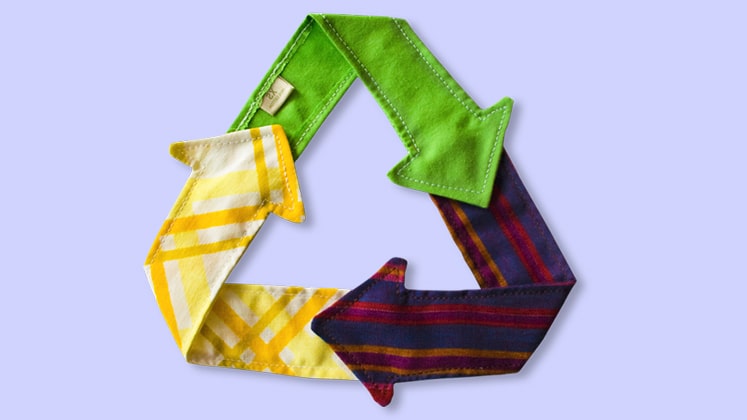
Sustainable fashion has become the new normal among younger and wealthier consumers as 50% of them are willing to pay more for a sustainably sourced product.
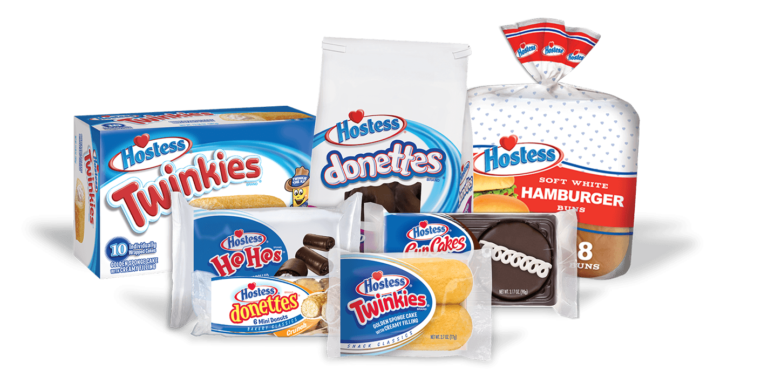
Hostess Brands released its 2022 Corporate Responsibility Report (CRR), highlighting the Workplace Health & Safety, Equity, Inclusion & Belonging (DEI&B), Environmental, and Governance achievements.
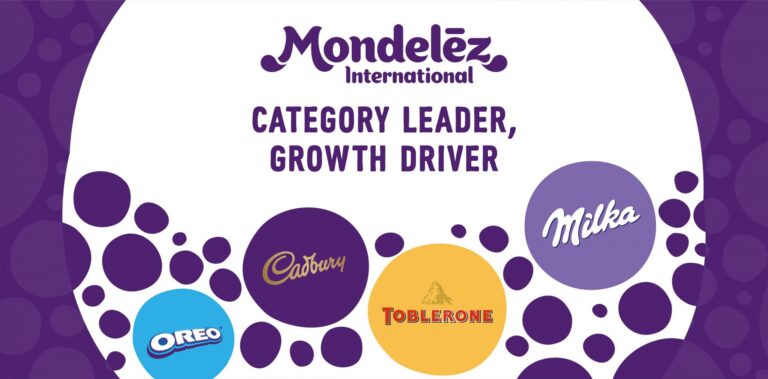
Mondelēz International, Inc. released its 83-page ESG report, named Snacking Made Right, highlighting the company’s progress towards achieving a sustainable future.
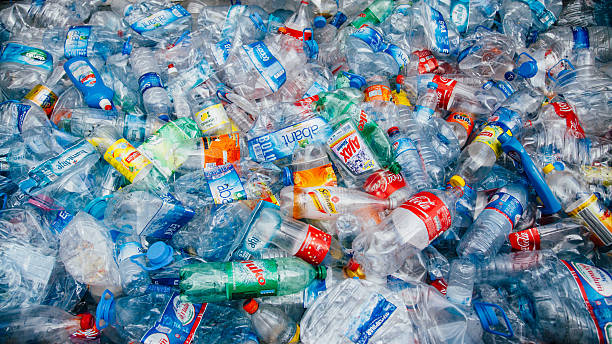
The Recycling Partnership has launched the PET Recycling Coalition initiative to improve the PET circularity.
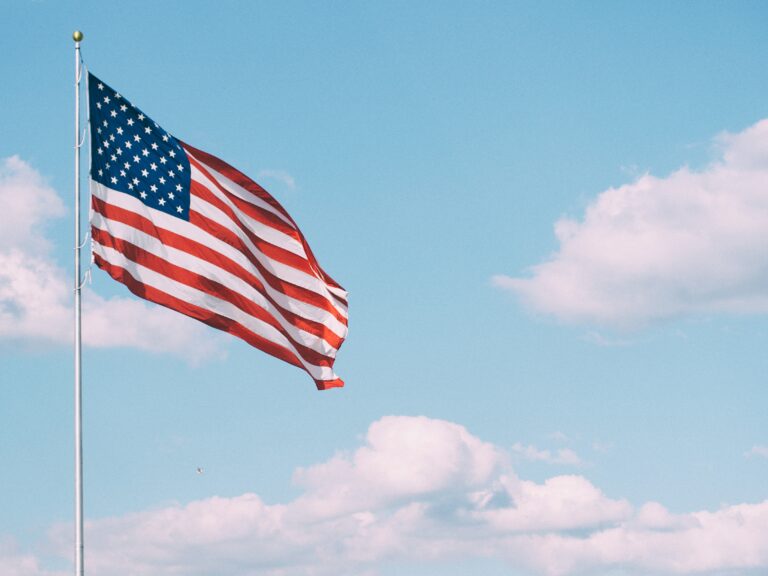
The United States aims to achieve net-zero emissions by 2050, but that is not an easily achievable target.
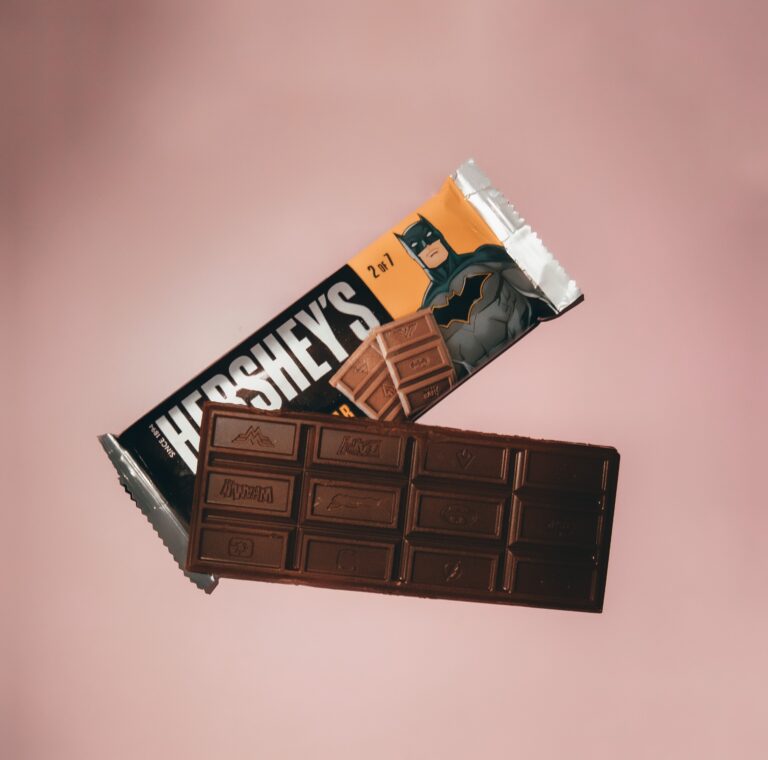
The Hershey Company is stepping forward to achieve its sustainability and ESG goals comprising cocoa sustainability, responsible sourcing, environmental sustainability, and human rights.
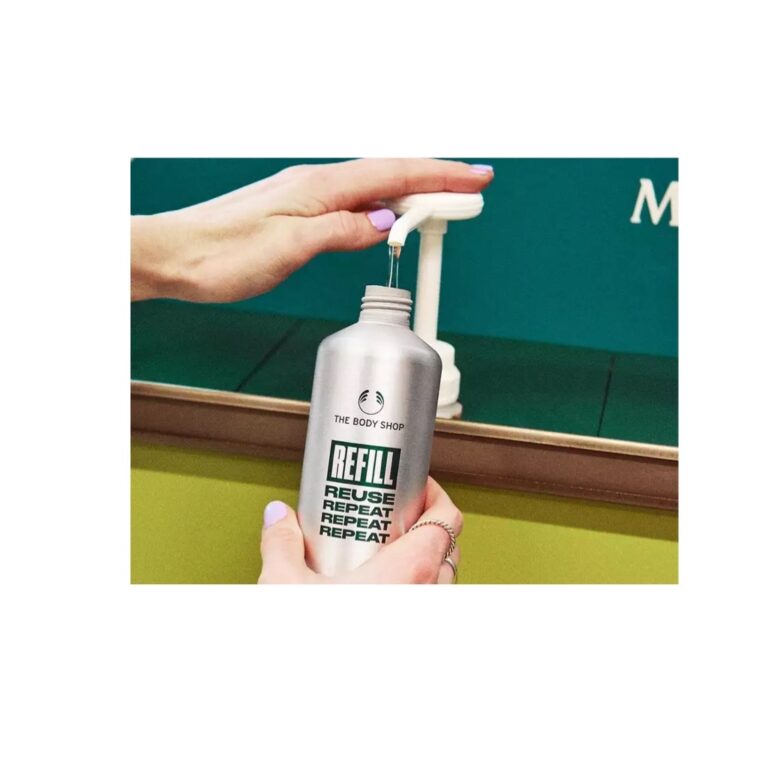
Leading beauty and skincare brands are cutting the use of virgin plastic in their product packaging by either promoting refillable products or rolling out sustainable packaging.
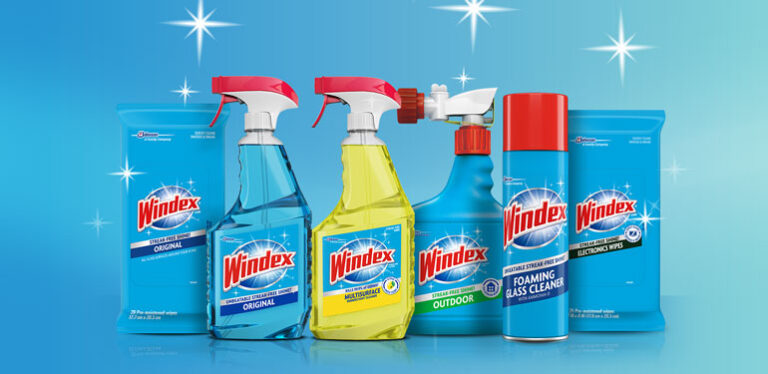
SC Johnson has launched a new concentrate of its cleaning product, winning the hearts of consumers after they ignored it for a year.
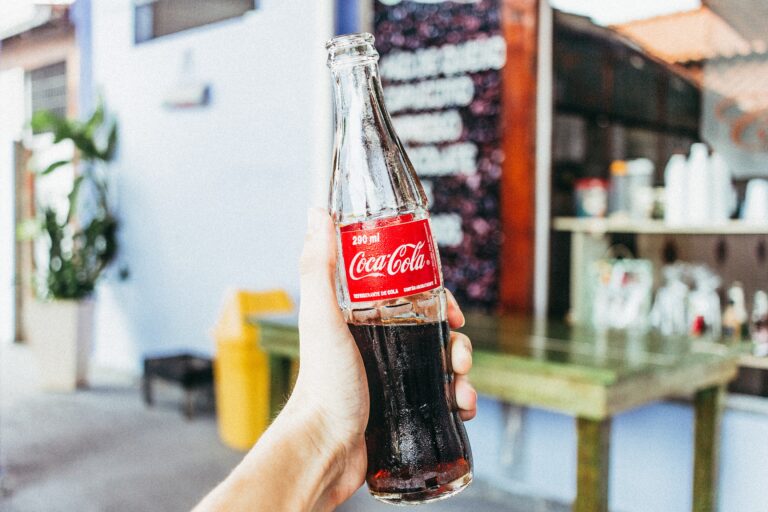
The Coca-Cola Company in collaboration with its bottling partner, Swire Coca-Cola Hong Kong, is positive to make its packaging 100% recyclable by 2050 and use the material in its cans and bottles that are 50% reusable to reduce plastic waste.

Samir Singh, the CMO of the personal care unit at Unilever, highlighted some stereotypes around sustainability and mentioned that consumers need not feel guilty about it nor they should pay more.

The Estée Lauder Companies has developed a method to score ingredients, products, and formulations on the basis of their green value while taking into account human health, environmental endpoints, and ecosystem health across the supply chain.
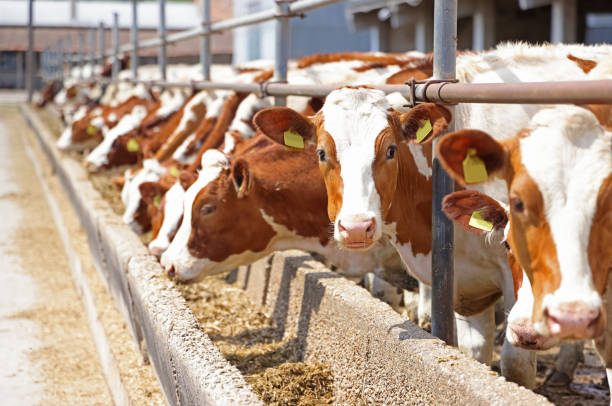
Ben & Jerry’s, Clover Sonoma, and Family Creamery are making efforts to reduce their greenhouse gas footprint across their farm operations.
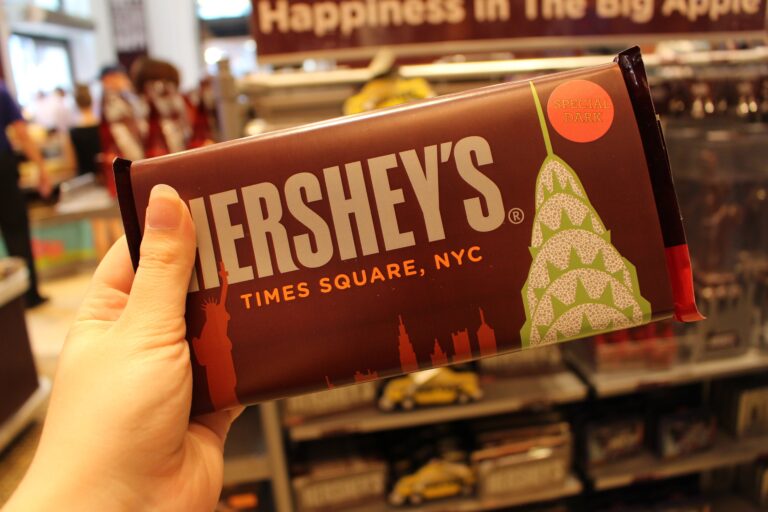
The Hershey Co. secured the sixth position on DiversityInc’s top 50 Companies for Diversity list.
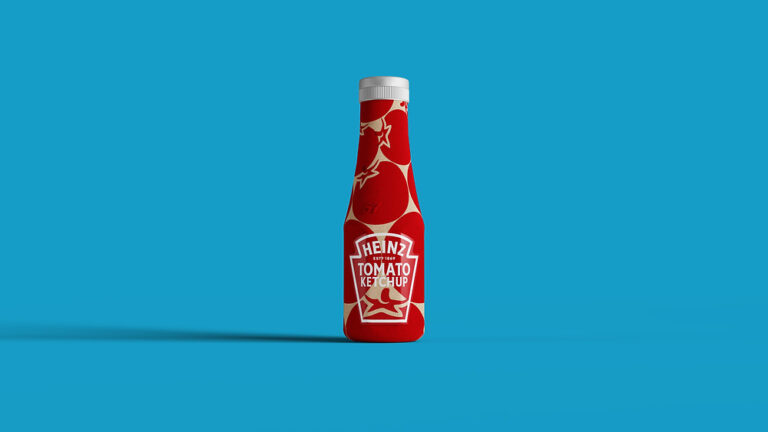
Kraft Heinz has entered into a joint venture with Pulpex to pilot and develop renewable and recyclable paper-based bottles made from 100% sustainably sourced wood pulp.
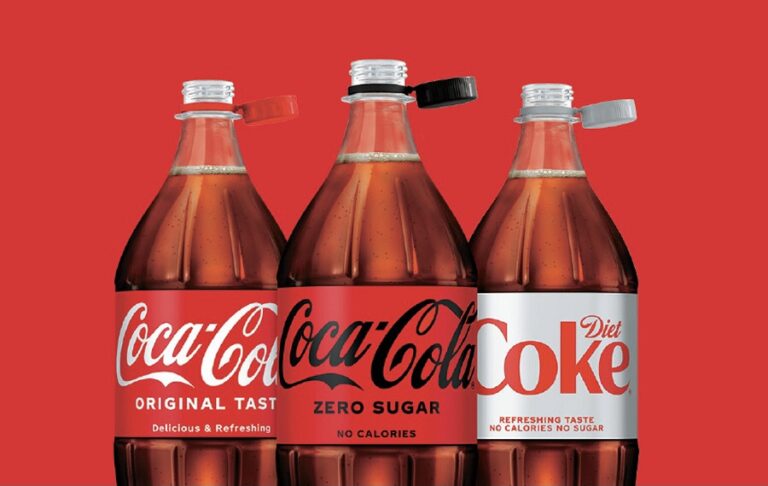
Coca-Cola has recently announced to replace normal caps from 1.5 litre bottles of Fanta, Coca-Cola Zero Sugar, and Diet Coke with attached lids to ensure recycling of the caps as well. The beverage giant aims to roll out tethered lids across its packaging by 2024. Planet Patrol’s recent research report revealed that out of 85,000 pieces of litter collected in the UK in 2021, 5.5% belonged to the Coca-Cola company. Therefore, to fight against plastic pollution and encourage the recycling of the whole bottle including the lid, Coca-Cola is launching its attached lid bottles. Read more from Edie
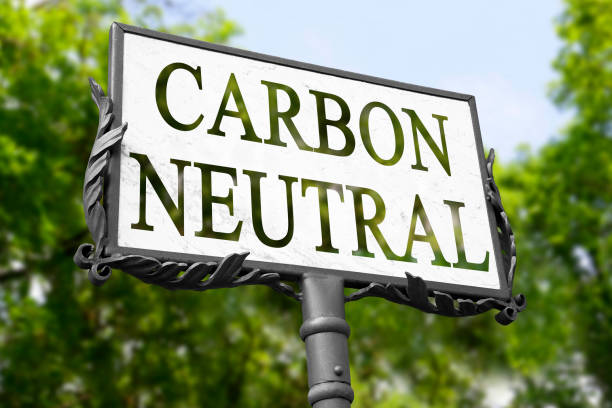
Many CPG companies are stepping up their sustainability game and rolling out products that are manufactured to emit fewer carbon emissions. The 8 carbon-neutral brands committed to reduce greenhouse gas emissions include 1, Bud Light Next, which initially introduced a zero-carb version of its beer, and now the brand is going carbon-neutral. 2, Oregon-based brand, Riff reenergised its consumers with carbon-neutral drinks. 3, Evol, Conagra’s frozen food brand, introduced carbon-neutral products in the frozen food aisle. 4, New Zealand-based Silver Fern Farms launched carbon zero Angus Beef in the US. 5, Kroger, a famous grocery giant, rolled out its carbon-neutral eggs. 6, Neutral Foods, America’s first carbon-neutral brand. 7, Mondelēz, and 8, Mrs. Read more from FoodDive
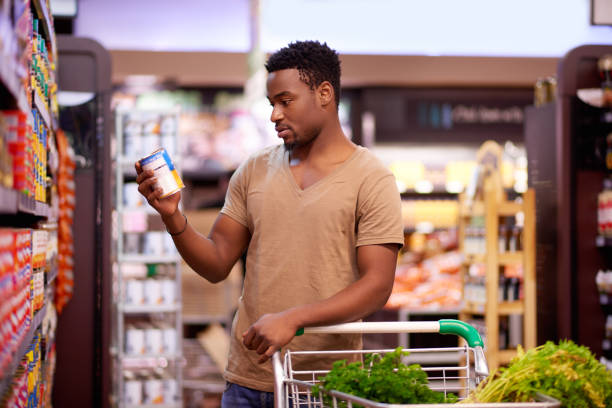
As per the report presented by Kearney, consumers are more aware of the climate impact of food choices. Out of every five consumers, four tend to know about the environmental impacts of food choices, but they do not buy climate-friendly foods due to high prices, the report states. While doing grocery shopping, more than 27% of individuals think of the environmental impact of the food product before putting it in their cart. While 83% of them are ready to consume a healthier alternative to beef. Many CPG companies are working to achieve their sustainability goals, including reducing carbon footprint, decreasing waste, and using better-for-the-environment ingredients. Studies further reveal that consumers are more likely to buy a product that features a sustainable practise label. Read more from FoodDive
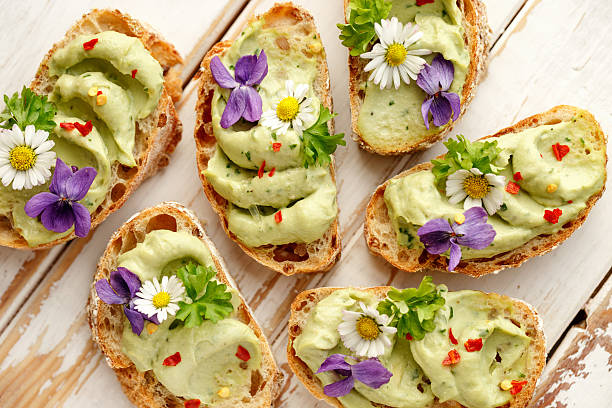
Since the pandemic, consumers are more interested in better-for-you snacks, a category dominated by big giants. However, many startups and challenging brands are now disrupting the category with their innovational products. Although consumers are interested in exploring better-for-you alternatives, no one is ready to sacrifice deliciousness. Therefore, the majority of the CPG companies focus on manufacturing a product instilled with flavours like PeaTos, which recently reimaged its snack line and transformed into a vegan brand. According to SnackMagic’s consumer packaged goods data insights platform, CPGpulse, startups that are transforming the dynamics of the snacks category include Kibo Foods, Love Corn, and Air Cheese. Read more from SmartBrief
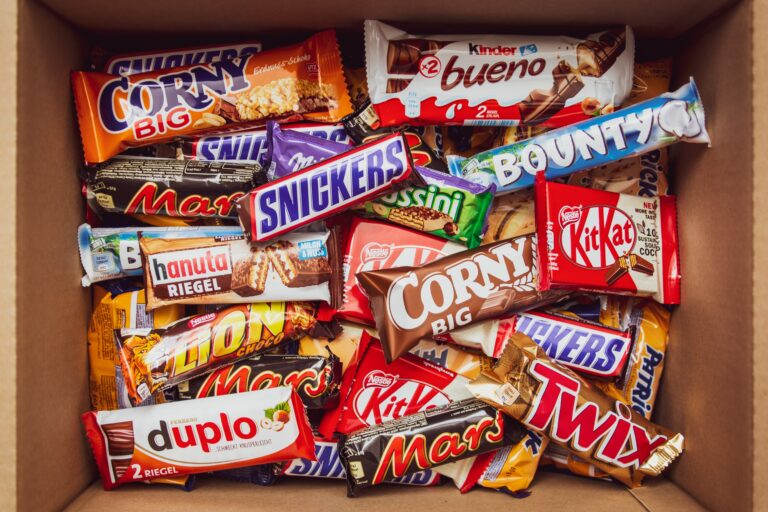
Consumers are now more concerned about the environment and sustainability, and this trend has changed the definition of better-for-you snack. Each day, every individual loves to take a bite or two of their favourite snack items, but now consumers expect manufacturers to pack the same deliciousness in a greener and better for planet style. The business manager for branded snacks and confections in food service for Mondelez International, Malcolm McAlpine, said that this trend has extended to the packaging as well. Americans, as committed snackers, now demand sustainably delicious snacks packed in sustainable packaging. Read more from Bakingbusiness
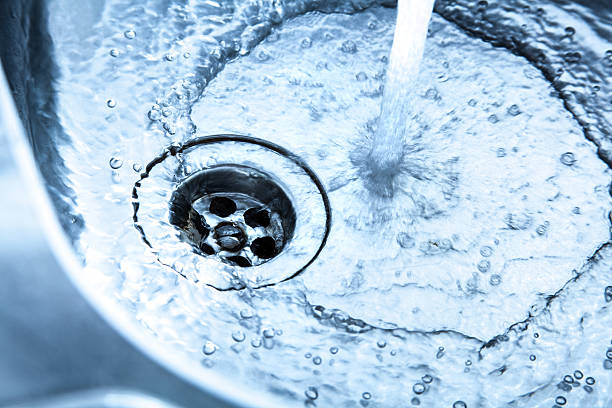
CPG companies are focusing on water conservation to offset their carbon footprint, for example, PepsiCo and Keurig Dr Pepper announced to reduce the amount of wastewater across their operations. PepsiCo has decided to develop a technology that will be able to recover 50% of the water used to manufacture potato chips. Under PepsiCo’s Positive (pep+) initiative, the company is dedicated to expand safe water access to 8 million more people. While Keurig Dr Pepper has committed to achieve a net positive water impact by 2050. Meanwhile, to foster sustainable activities, Goldenberry, Mentos, and Sourcing are reducing plastic packaging, while Coca-Cola has committed to use reusable bottles for 25% of its beverage packing by 2030. Read more from ConsumerGoods
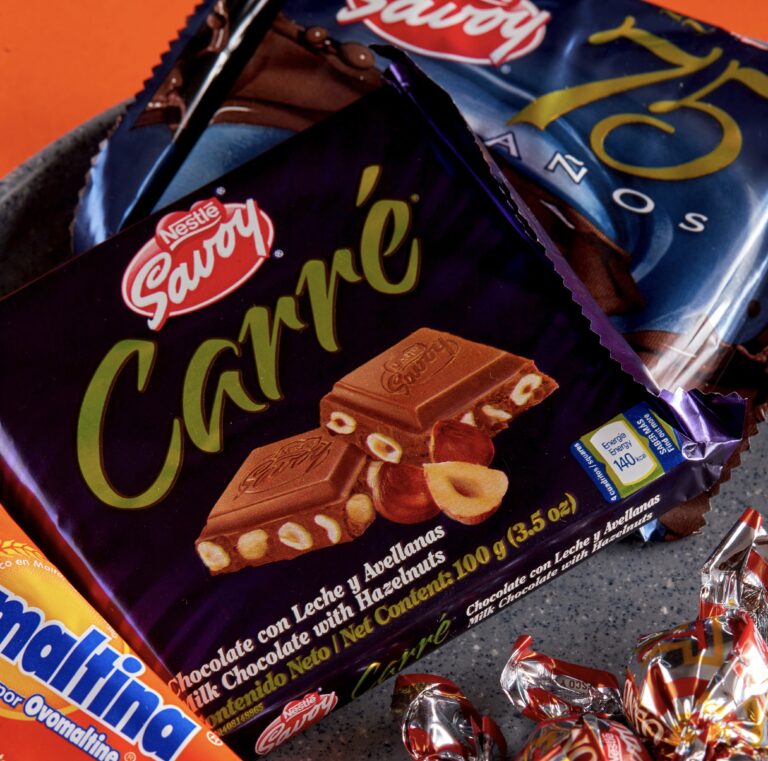
Nestlé is the largest CG company by revenue, and it has crafted its broader strategy by considering high growth products, digital channels, and healthier food and beverage alternatives. The brand is committed to achieve its sustainability goals, like emitting zero greenhouse gases by 2050, which are reflected in the company’s latest investment strategies. As per the data from CB Insights, Nestlé is prioritising four strategies that are reflected in its recent investments, acquisitions, and partnerships. These four strategic priorities include launching sustainable packaging, expanding its plant-based food and beverage portfolio, building relations with consumers via the DTC business module, and exploring digital health and biotech. Read more from CBInsights
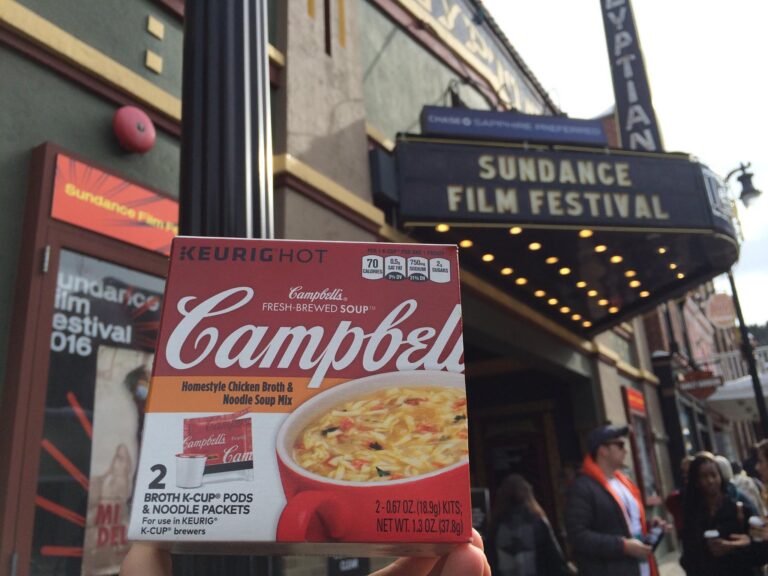
Campbell Soup has expanded its wheat sustainability programme, now covering 108,000 acres in Maryland, Pennsylvania, Idaho, and Ohio, according to the company’s 2022 Corporate Responsibility Report. The brand claimed that the sustainability programme now covers all sourcing areas for its three baking plants. The reason behind the growth of the Campbell Soup sustainability programme is its partnership with two organisations in two regions. In the Richmond region, the company has teamed up with Ardent Mills and Nutrien Ag Solutions. While in the region of Willard, Ohio, Campbell Soup has joined hands with Star of the West Milling Co. to incorporate digital and seamless shipping solutions. Read more from FoodBusinessNews
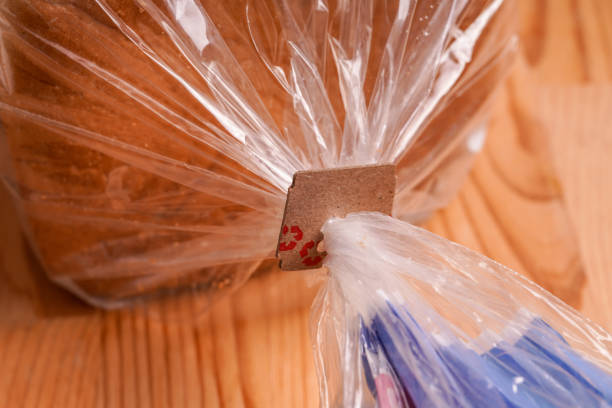
Bimbo Canada has teamed up with KLR systems to roll out 100% recyclable and compostable cardboard bread bag tags to replace the plastic tags. The bakery giant has decided to launch these compostable bread tags across its entire bread category, including POM, Stonemill, Dempster’s, Villaggio, and Bon Matin. The brand claims that these tags are certified by The Compost Manufacturing Alliance. Plus, this initiative takes the company one step closer to achieving its 2025 sustainability goal of using 100% recyclable, compostable and biodegradable packaging. Read more from BakingBusiness
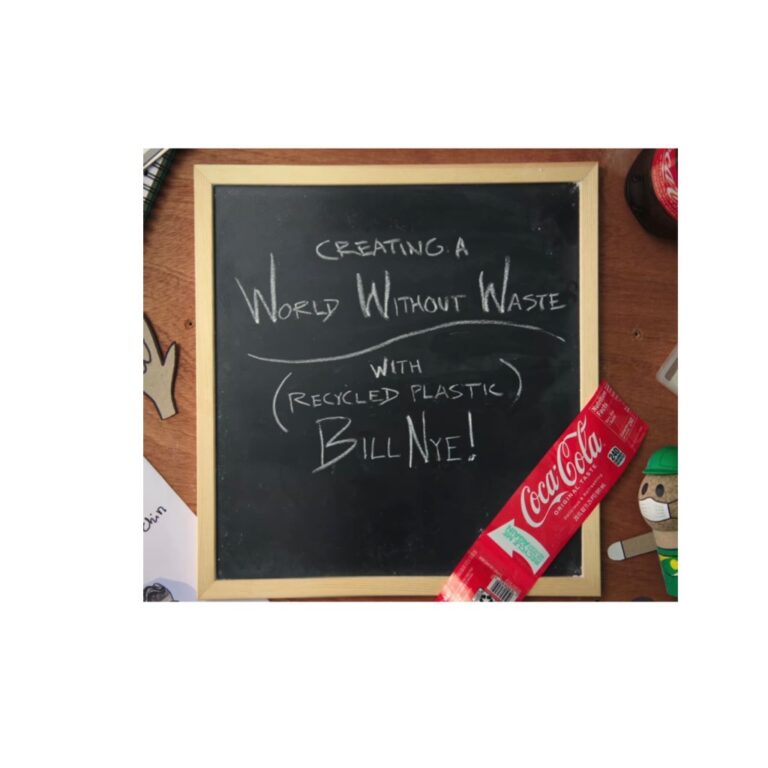
Retailers usually use TV commercials to promote their products however this time the beverage industry giant has used the same traditional marketing tactic to promote sustainability. Coca-Cola has featured the famous scientist, Bill Nye, made of recycled plastic in its three-minute animated vignette to take its viewers into the world of recycling. The idea behind this creative initiative is to educate people about the easy recycling process of soda bottles, according to the company’s North American sustainability leader, Christine Yeager. Back in time, Procter & Gamble also used advertisements to advise people to use Tide detergent in cold water to help the environment. Read more from Variety
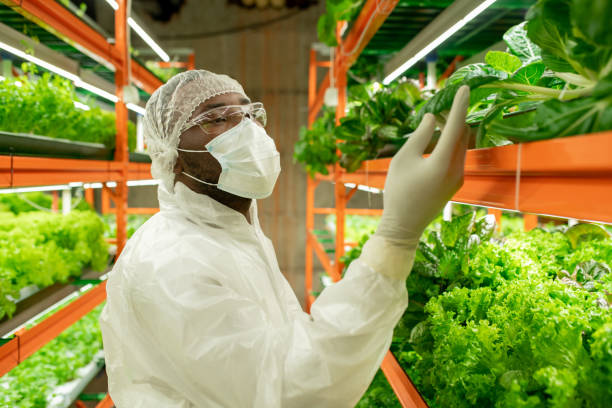
Indoor farming startups are expanding their facilities along with partnering with retailers to achieve economies of scale. The initiative is an advanced measurement taken by various startups to deal with the expected food shortages. An operator of indoor vertical farms, Plenty, partnered with Walmart to provide green vegetables across its California stores. The startup raised $400 million in the Series E funding participated by One Madison Group, JS Capital, and SoftBank. Other startups working in the same niche include Bowery Farming, providing fresh items to Albertsons, Whole Foods, and Walmart. Read more from Pitchbook
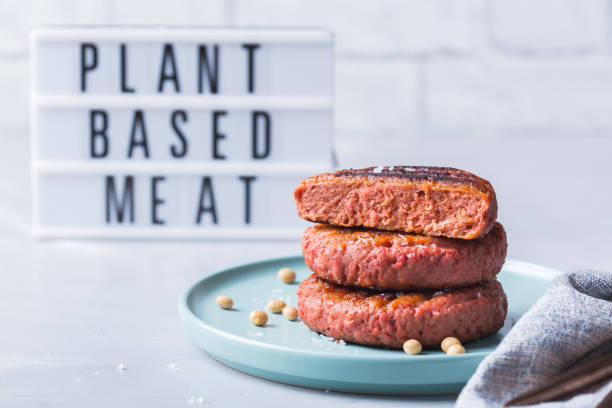
The statistics from the Plant-Based Food Association (PBFA), The Good Food Association (GFI), and SPINS, a market research firm, revealed that plant-based food retail sales have surged by 6.2%, hitting a market valuation of $7.4 billion. Plant-based meat sales remained steady with $1.4 billion in sales, acquiring a share of 14% in the Natural Enhanced Channel’s share of meat. 19% of US households buy plant-based meat, with 64% buying it more than once a year. Plant-based egg sales grew by 42%, acquiring a 0.6% share of the egg market. Plant-based milk contributed $105 million to the growth of the milk category as 42% of US households buy plant-based milk, with 76% buying it several times in 2021. Read more from Progressivegrocer
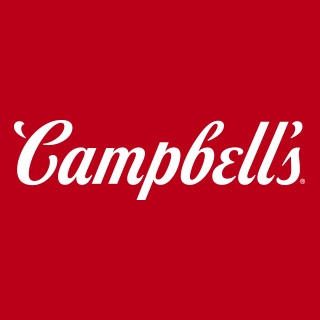
To set higher wellness and health standards for Campbell’s food range, the brand has updated its nutrition metrics, according to Campbell Soup Co. Corporate Responsibility Report 2022. The updated metrics are set while considering the following three targets 1, reducing negative nutrients. 2, focusing on healthy food. 3, increasing product accessibility and affordability. The report divided the nutritious standards into two categories: “Cannot Exceed” plus “And Must Meet at least 1”. Cannot Exceed category sets limit for negative nutrients like saturated fat, sodium, sugar, and calories. While, the And Must Meet at least 1 category includes positive nutrients like vitamin A, C, and D, fibre, calcium, fruits, and vegetables. The brand has implemented these metrics by launching two newer platforms, including Well Yes! Soups and Campbell V8 Brand. Read more from Bakingbusiness
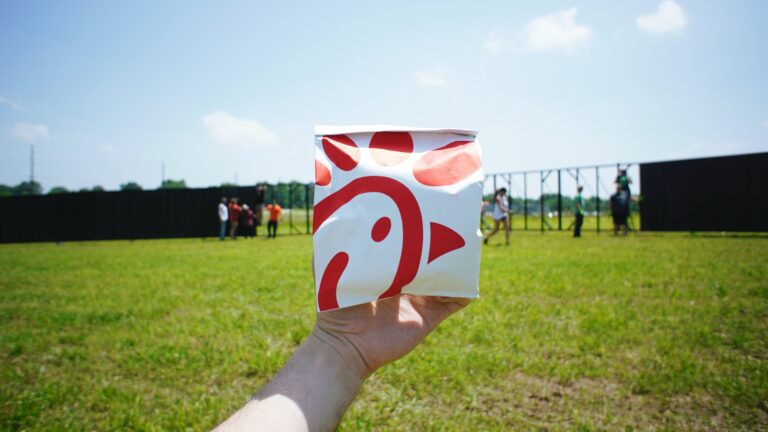
Darling Ingredients Inc. is the world’s sustainability giant that turns food waste into sustainable products and renewable energy producers. Chick-fil-A Inc. has collaborated with Darling Ingredients, which would help the fast-food restaurant transform its cooking oil into cleaner-burning renewable transportation fuel. The service brand of Darling Ingredients, DAR PRO Solutions, would collect used cooking oil from Chick-fil-A’s US and Canadian restaurants. Read more from Waste360

Hormel Foods Corp. is sponsoring a 50,000-acre regenerative-agriculture pilot project located across various places in central and southeast Minnesota.

The corporate venture arm of Danone, Danone Manifesto Ventures, led the $7 million fundraising round raised by symbrosia, the developer of a seaweed feed additive that reduces livestock methane emissions by more than 80%.

Sustainable fashion has become the new normal among younger and wealthier consumers as 50% of them are willing to pay more for a sustainably sourced product.

Hostess Brands released its 2022 Corporate Responsibility Report (CRR), highlighting the Workplace Health & Safety, Equity, Inclusion & Belonging (DEI&B), Environmental, and Governance achievements.

Mondelēz International, Inc. released its 83-page ESG report, named Snacking Made Right, highlighting the company’s progress towards achieving a sustainable future.

The Recycling Partnership has launched the PET Recycling Coalition initiative to improve the PET circularity.

The United States aims to achieve net-zero emissions by 2050, but that is not an easily achievable target.

The Hershey Company is stepping forward to achieve its sustainability and ESG goals comprising cocoa sustainability, responsible sourcing, environmental sustainability, and human rights.

Leading beauty and skincare brands are cutting the use of virgin plastic in their product packaging by either promoting refillable products or rolling out sustainable packaging.

SC Johnson has launched a new concentrate of its cleaning product, winning the hearts of consumers after they ignored it for a year.

The Coca-Cola Company in collaboration with its bottling partner, Swire Coca-Cola Hong Kong, is positive to make its packaging 100% recyclable by 2050 and use the material in its cans and bottles that are 50% reusable to reduce plastic waste.

Samir Singh, the CMO of the personal care unit at Unilever, highlighted some stereotypes around sustainability and mentioned that consumers need not feel guilty about it nor they should pay more.

The Estée Lauder Companies has developed a method to score ingredients, products, and formulations on the basis of their green value while taking into account human health, environmental endpoints, and ecosystem health across the supply chain.

Ben & Jerry’s, Clover Sonoma, and Family Creamery are making efforts to reduce their greenhouse gas footprint across their farm operations.

The Hershey Co. secured the sixth position on DiversityInc’s top 50 Companies for Diversity list.

Kraft Heinz has entered into a joint venture with Pulpex to pilot and develop renewable and recyclable paper-based bottles made from 100% sustainably sourced wood pulp.

Coca-Cola has recently announced to replace normal caps from 1.5 litre bottles of Fanta, Coca-Cola Zero Sugar, and Diet Coke with attached lids to ensure recycling of the caps as well. The beverage giant aims to roll out tethered lids across its packaging by 2024. Planet Patrol’s recent research report revealed that out of 85,000 pieces of litter collected in the UK in 2021, 5.5% belonged to the Coca-Cola company. Therefore, to fight against plastic pollution and encourage the recycling of the whole bottle including the lid, Coca-Cola is launching its attached lid bottles. Read more from Edie

Many CPG companies are stepping up their sustainability game and rolling out products that are manufactured to emit fewer carbon emissions. The 8 carbon-neutral brands committed to reduce greenhouse gas emissions include 1, Bud Light Next, which initially introduced a zero-carb version of its beer, and now the brand is going carbon-neutral. 2, Oregon-based brand, Riff reenergised its consumers with carbon-neutral drinks. 3, Evol, Conagra’s frozen food brand, introduced carbon-neutral products in the frozen food aisle. 4, New Zealand-based Silver Fern Farms launched carbon zero Angus Beef in the US. 5, Kroger, a famous grocery giant, rolled out its carbon-neutral eggs. 6, Neutral Foods, America’s first carbon-neutral brand. 7, Mondelēz, and 8, Mrs. Read more from FoodDive

As per the report presented by Kearney, consumers are more aware of the climate impact of food choices. Out of every five consumers, four tend to know about the environmental impacts of food choices, but they do not buy climate-friendly foods due to high prices, the report states. While doing grocery shopping, more than 27% of individuals think of the environmental impact of the food product before putting it in their cart. While 83% of them are ready to consume a healthier alternative to beef. Many CPG companies are working to achieve their sustainability goals, including reducing carbon footprint, decreasing waste, and using better-for-the-environment ingredients. Studies further reveal that consumers are more likely to buy a product that features a sustainable practise label. Read more from FoodDive

Since the pandemic, consumers are more interested in better-for-you snacks, a category dominated by big giants. However, many startups and challenging brands are now disrupting the category with their innovational products. Although consumers are interested in exploring better-for-you alternatives, no one is ready to sacrifice deliciousness. Therefore, the majority of the CPG companies focus on manufacturing a product instilled with flavours like PeaTos, which recently reimaged its snack line and transformed into a vegan brand. According to SnackMagic’s consumer packaged goods data insights platform, CPGpulse, startups that are transforming the dynamics of the snacks category include Kibo Foods, Love Corn, and Air Cheese. Read more from SmartBrief

Consumers are now more concerned about the environment and sustainability, and this trend has changed the definition of better-for-you snack. Each day, every individual loves to take a bite or two of their favourite snack items, but now consumers expect manufacturers to pack the same deliciousness in a greener and better for planet style. The business manager for branded snacks and confections in food service for Mondelez International, Malcolm McAlpine, said that this trend has extended to the packaging as well. Americans, as committed snackers, now demand sustainably delicious snacks packed in sustainable packaging. Read more from Bakingbusiness

CPG companies are focusing on water conservation to offset their carbon footprint, for example, PepsiCo and Keurig Dr Pepper announced to reduce the amount of wastewater across their operations. PepsiCo has decided to develop a technology that will be able to recover 50% of the water used to manufacture potato chips. Under PepsiCo’s Positive (pep+) initiative, the company is dedicated to expand safe water access to 8 million more people. While Keurig Dr Pepper has committed to achieve a net positive water impact by 2050. Meanwhile, to foster sustainable activities, Goldenberry, Mentos, and Sourcing are reducing plastic packaging, while Coca-Cola has committed to use reusable bottles for 25% of its beverage packing by 2030. Read more from ConsumerGoods

Nestlé is the largest CG company by revenue, and it has crafted its broader strategy by considering high growth products, digital channels, and healthier food and beverage alternatives. The brand is committed to achieve its sustainability goals, like emitting zero greenhouse gases by 2050, which are reflected in the company’s latest investment strategies. As per the data from CB Insights, Nestlé is prioritising four strategies that are reflected in its recent investments, acquisitions, and partnerships. These four strategic priorities include launching sustainable packaging, expanding its plant-based food and beverage portfolio, building relations with consumers via the DTC business module, and exploring digital health and biotech. Read more from CBInsights

Campbell Soup has expanded its wheat sustainability programme, now covering 108,000 acres in Maryland, Pennsylvania, Idaho, and Ohio, according to the company’s 2022 Corporate Responsibility Report. The brand claimed that the sustainability programme now covers all sourcing areas for its three baking plants. The reason behind the growth of the Campbell Soup sustainability programme is its partnership with two organisations in two regions. In the Richmond region, the company has teamed up with Ardent Mills and Nutrien Ag Solutions. While in the region of Willard, Ohio, Campbell Soup has joined hands with Star of the West Milling Co. to incorporate digital and seamless shipping solutions. Read more from FoodBusinessNews

Bimbo Canada has teamed up with KLR systems to roll out 100% recyclable and compostable cardboard bread bag tags to replace the plastic tags. The bakery giant has decided to launch these compostable bread tags across its entire bread category, including POM, Stonemill, Dempster’s, Villaggio, and Bon Matin. The brand claims that these tags are certified by The Compost Manufacturing Alliance. Plus, this initiative takes the company one step closer to achieving its 2025 sustainability goal of using 100% recyclable, compostable and biodegradable packaging. Read more from BakingBusiness

Retailers usually use TV commercials to promote their products however this time the beverage industry giant has used the same traditional marketing tactic to promote sustainability. Coca-Cola has featured the famous scientist, Bill Nye, made of recycled plastic in its three-minute animated vignette to take its viewers into the world of recycling. The idea behind this creative initiative is to educate people about the easy recycling process of soda bottles, according to the company’s North American sustainability leader, Christine Yeager. Back in time, Procter & Gamble also used advertisements to advise people to use Tide detergent in cold water to help the environment. Read more from Variety

Indoor farming startups are expanding their facilities along with partnering with retailers to achieve economies of scale. The initiative is an advanced measurement taken by various startups to deal with the expected food shortages. An operator of indoor vertical farms, Plenty, partnered with Walmart to provide green vegetables across its California stores. The startup raised $400 million in the Series E funding participated by One Madison Group, JS Capital, and SoftBank. Other startups working in the same niche include Bowery Farming, providing fresh items to Albertsons, Whole Foods, and Walmart. Read more from Pitchbook

The statistics from the Plant-Based Food Association (PBFA), The Good Food Association (GFI), and SPINS, a market research firm, revealed that plant-based food retail sales have surged by 6.2%, hitting a market valuation of $7.4 billion. Plant-based meat sales remained steady with $1.4 billion in sales, acquiring a share of 14% in the Natural Enhanced Channel’s share of meat. 19% of US households buy plant-based meat, with 64% buying it more than once a year. Plant-based egg sales grew by 42%, acquiring a 0.6% share of the egg market. Plant-based milk contributed $105 million to the growth of the milk category as 42% of US households buy plant-based milk, with 76% buying it several times in 2021. Read more from Progressivegrocer

To set higher wellness and health standards for Campbell’s food range, the brand has updated its nutrition metrics, according to Campbell Soup Co. Corporate Responsibility Report 2022. The updated metrics are set while considering the following three targets 1, reducing negative nutrients. 2, focusing on healthy food. 3, increasing product accessibility and affordability. The report divided the nutritious standards into two categories: “Cannot Exceed” plus “And Must Meet at least 1”. Cannot Exceed category sets limit for negative nutrients like saturated fat, sodium, sugar, and calories. While, the And Must Meet at least 1 category includes positive nutrients like vitamin A, C, and D, fibre, calcium, fruits, and vegetables. The brand has implemented these metrics by launching two newer platforms, including Well Yes! Soups and Campbell V8 Brand. Read more from Bakingbusiness

Darling Ingredients Inc. is the world’s sustainability giant that turns food waste into sustainable products and renewable energy producers. Chick-fil-A Inc. has collaborated with Darling Ingredients, which would help the fast-food restaurant transform its cooking oil into cleaner-burning renewable transportation fuel. The service brand of Darling Ingredients, DAR PRO Solutions, would collect used cooking oil from Chick-fil-A’s US and Canadian restaurants. Read more from Waste360
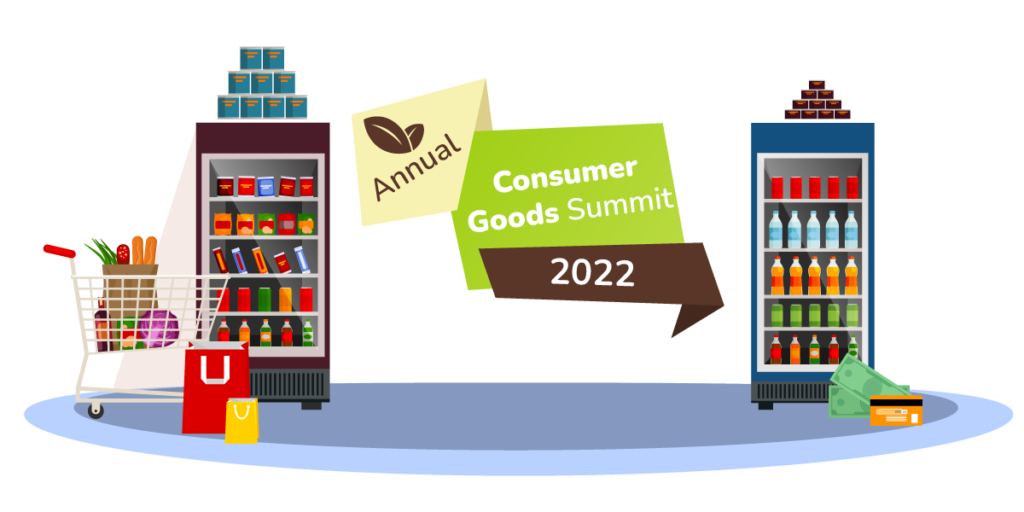
Consumer Goods industry will surpass $15T globally by 2025. However the old business model of mass distribution is about to become obsolete. Digital Transformation, Millennials and Gen Z effect, Direct to Consumer and Post-Covid World are going to reshape the winning formula for the new era CG industry. Our weekly newsletter covers global innovations and disruptions in CG industry.
ConsumerGeniuses is managed by IndustryGeniuses (A place where industries meet innovation). We are rolling out content platforms for the world’s hottest industries such as Food & Grocery Retail, Consumer Goods and Healthcare. For each of these key industries, we support Tech Startups and Industry Disruptors as they roll out next generation digital initiatives.
IndustryGeniuses team brings practical domain knowledge of working with 300+ tech startups and brands over the past decade.